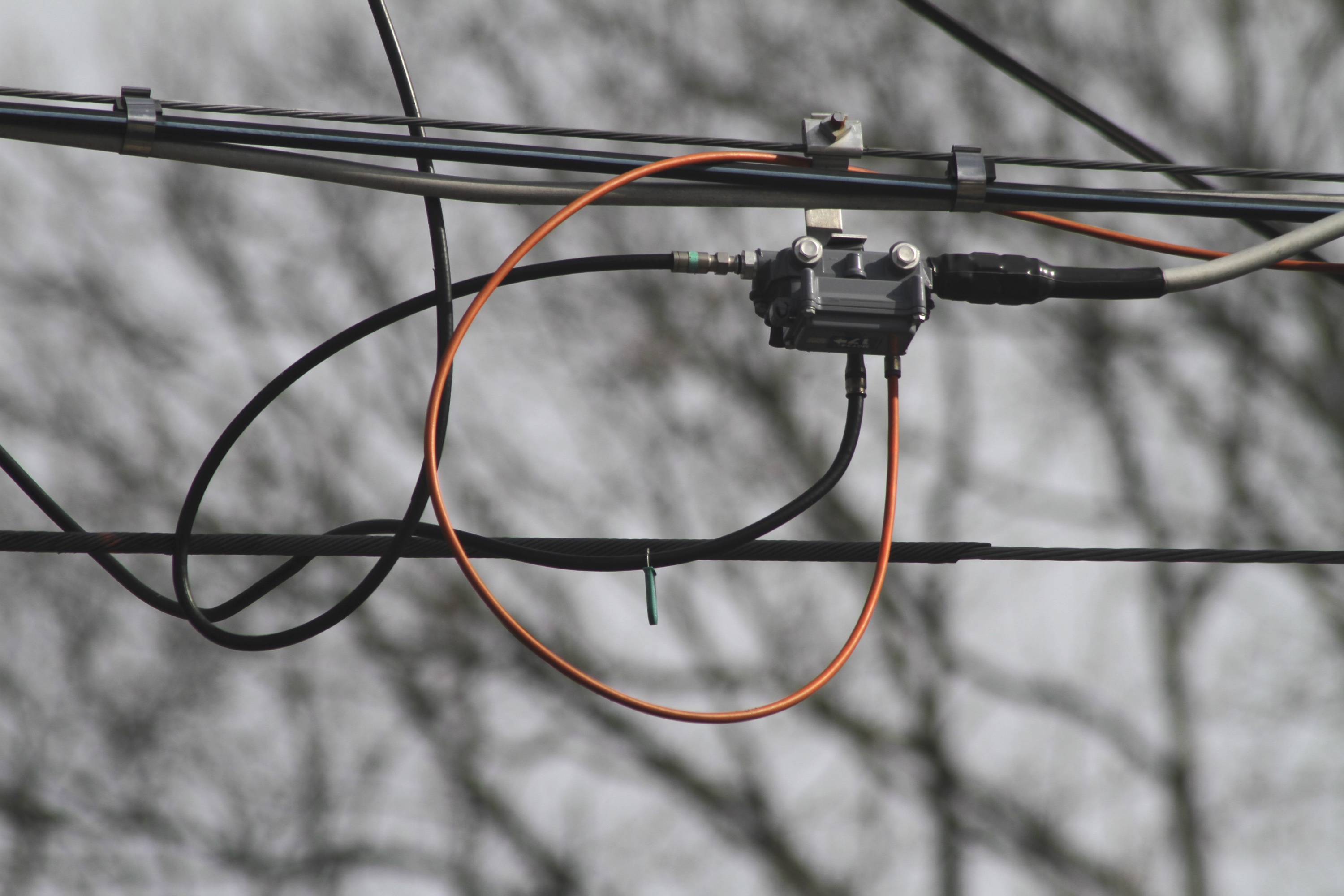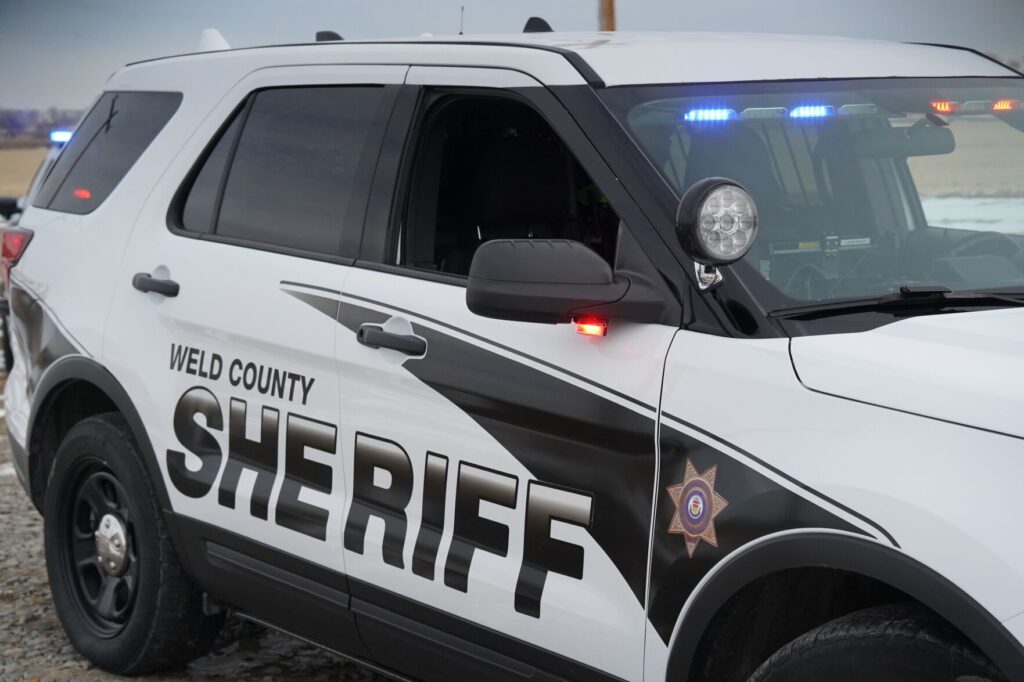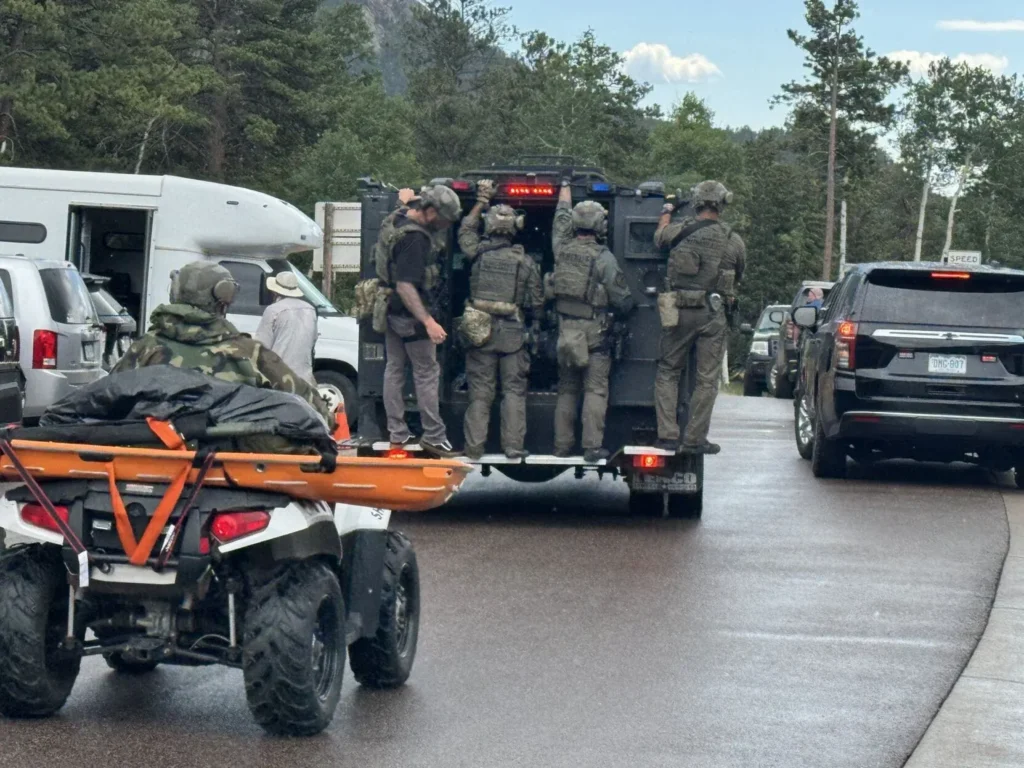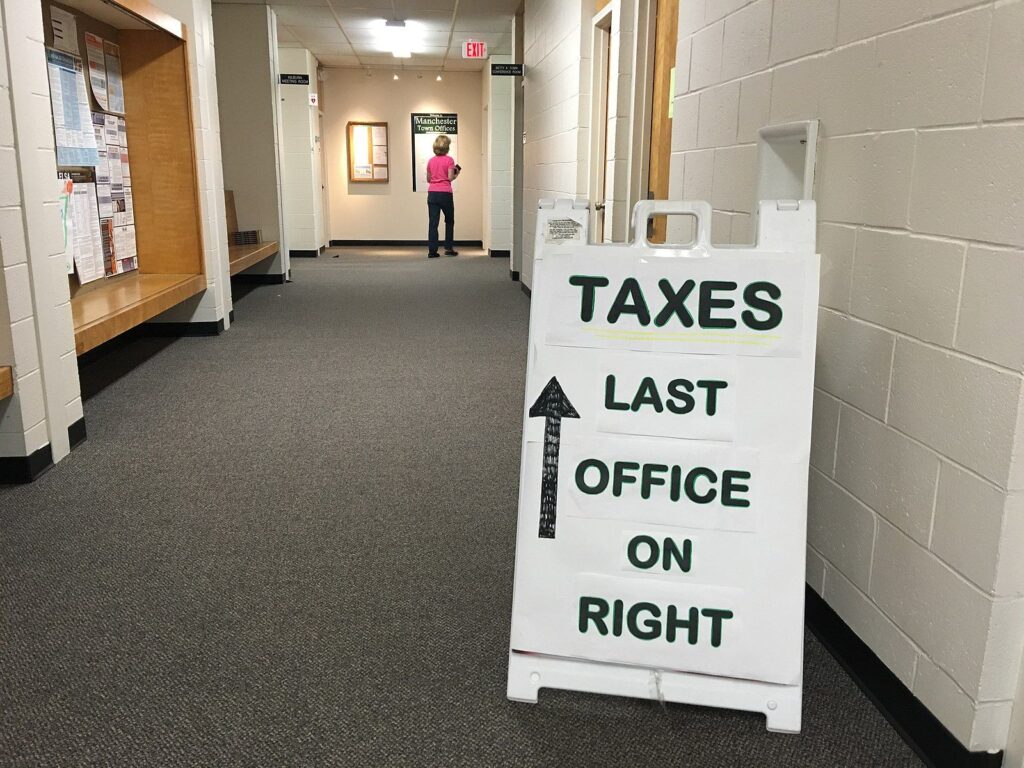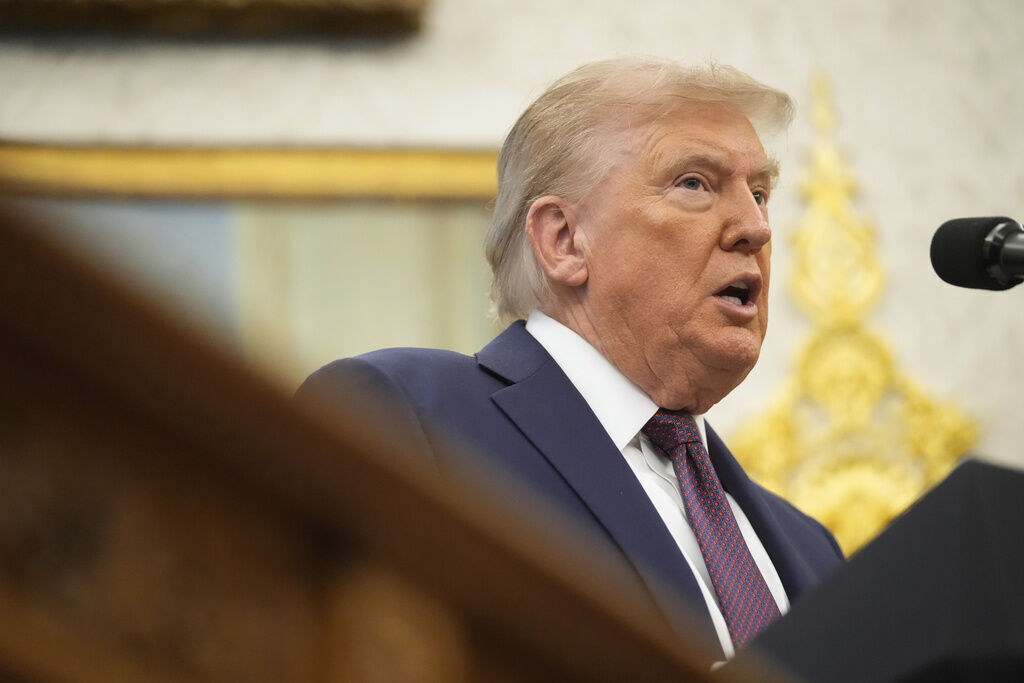Colorado set for $826 million to expand broadband, MSU professor on the Denver mayoral | WHAT YOU NEED TO KNOW

Today is June 28, 2023 and here’s what you need to know:
The federal government is allocating over $826.5 million to Colorado to make high-speed internet universally accessible in the state.
The money comes from a $42.45 billion grant program, providing funding for broadband infrastructure to all 50 states, Washington D.C. and five U.S. territories. The Department of Commerce announced each state and territory’s grant amounts on Monday.
This is the largest ever investment in high-speed internet, President Joe Biden said. The $42.45 billion, in addition to other prior federal investments, is intended to make high-speed internet reliably accessible to everyone in the United States by 2030, according to the White House.
Prof. Robert Preuhs, who chairs the political science department at Metropolitan State University of Denver, closely watched the mayoral race between Mike Johnston and Kelly Brough.
In this interview, Preuhs noted the fundraising disparity between the two candidates, but maintained that Johnston and Brough collected enough dollars to get their messages out. Key to Johnston’s victory, he maintained, was securing a “wider geographic support,” compared to Brough.
When asked why many of the candidates backed by Democratic Socialists lost, Preuhs responded that Denver is a “Democratic city, not a Democratic Socialist city.”
State and local health officials are investigating and monitoring plague activity in southwest Colorado after a person was infected in Montezuma County this month.
Officials said the exposure to plague likely occurred on private property.
Plague is caused by a bacteria called Yersinia pestis, which can be transmitted to people if bitten by infected fleas or by direct contact with infected animals. Animals susceptible to the plague includes squirrels, woodrats, and prairie dogs.
Officials from the Colorado Department of Public Health and Environment and Montezuma County Public Health Department said the risk to the public is low, but Coloradans should take steps to protect themselves, particularly since the risk of contracting illnesses from animals increases during the summer months, when humans and animals are in closer contact.
The “Heat Beneath Our Feet” is a potential source of carbon-free energy according to Gov. Jared Polis. Polis, the 2023 chair of the Western Governors’ Association. He chose geothermal energy as the focus of his year-long tenure at the organization.
The WGA annual meeting, held this week in Boulder, showcased a round-table discussion between six western governors and geothermal energy expert Claudio Berti, director and state geologist for the Idaho Geological Survey; David Turk, deputy secretary of the U.S. Department of Energy; and Sarah Jewett, vice president of strategy for Fervo Energy.
“Geothermal is a huge under-tapped resource,” said Polis. “It’s abundant, it’s American made, it’s secure, it’s domestic, it’s getting to be lower and lower cost. It’s reliable, it’s base load.”
The idea is to drill deep wells, sometimes more than 10,000 feet deep, in order to reach hot zones where water can be injected and then returned to the surface as steam that can be used for heating and to generate electric power. Not all wells have to be that deep.
The U.S. Supreme Court shot down a controversial legal theory that could have changed the way elections are run across the country but left the door open to more limited challenges that could increase its role in deciding voting disputes during the 2024 presidential election.
The court’s 6-3 ruling Tuesday drove a stake through the most extreme version of the so-called independent state legislature theory, which holds that legislatures have absolute power in setting the rules of federal elections and cannot be second-guessed by state courts. That decision cheered voting rights groups.
“We beat back the most serious legal threat our democracy has ever faced today,” said Kathay Feng of Common Cause, whose lawsuit challenging congressional districts drawn by North Carolina’s Republican-controlled legislature triggered the case.
But for some critics of the theory, the danger is not entirely past.
The court found that state courts still must act within “ordinary bounds” when reviewing laws governing federal elections. That gives another set of tools for those who lose election lawsuits in state courts to try to persuade federal judges to overturn those rulings.
